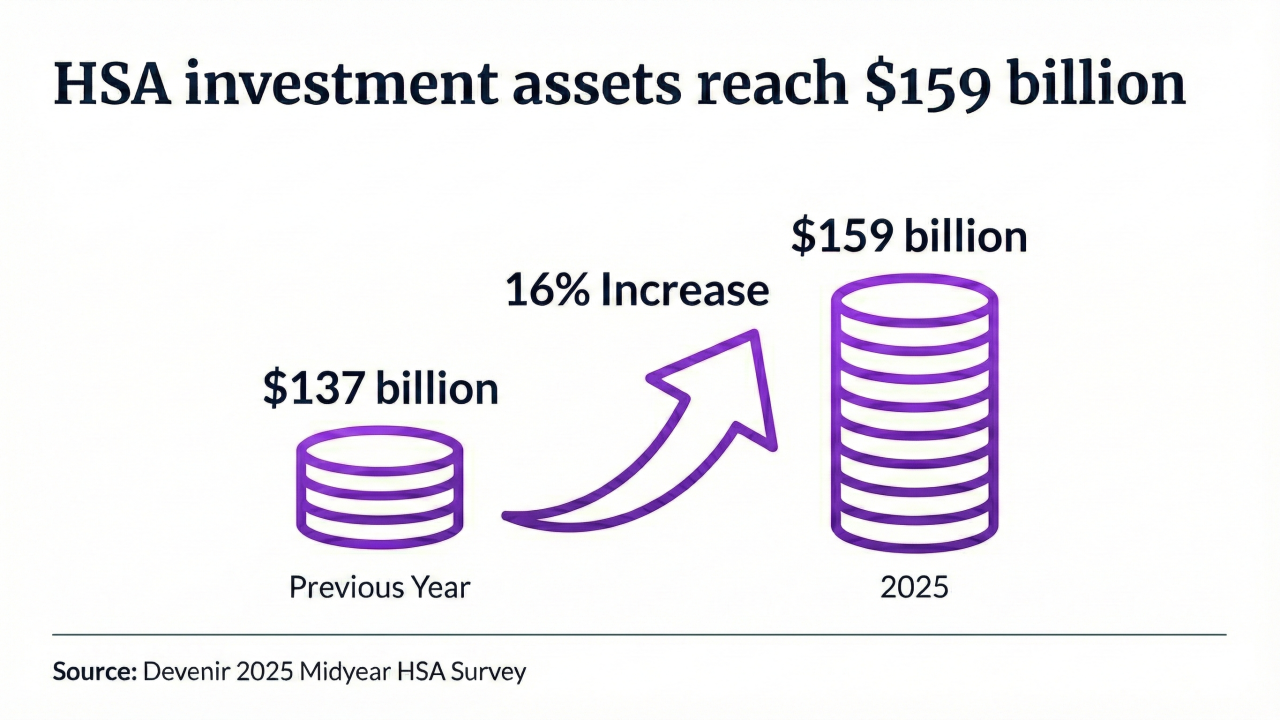As companies contemplate their
“This crisis is going to accelerate flexible working. We have the ability to work anywhere now,” Murphy says. “I talk with dozens of companies every week and what they're all telling me is they anticipate the need for 20% less office space and the need for having smaller headquarters and more satellite offices.”
Since March, 77% of companies have transitioned their workforce to remote work, according to a survey by PwC. Companies including Twitter and Facebook have announced plans to allow their workplace population to
While telework has provided employees with flexibility when it comes to their schedules and living arrangements, the transition has also
“Never before in the history of the world have so many people worked from home. Some people like it all the time, but most people don't like it all the time,” he says. “Humans are social creatures and no one wants to be cooped up on their own every day, all day, not seeing other people. There’s the social aspect of work that people miss — they miss the collaboration.”
With no time or space to carve out for work,
“The disruption in behavior and the uncertainty has led to a lot of anxiety,” says Ginger CEO Russ Glass. “Putting resources in place or communicating the resources you already have in place can be helpful to your employees.”
Murphy’s company,
“People use them just to get some quiet time away from their family when they need to be really productive or they need to do a client call, or even in-person meetings where maybe the office is shut down but they still need to meet,” Murphy says.
In response to coronavirus, Breather has reopened locations around the world in 10 cities, with expanded cleaning protocols to match CDC guidelines, and has installed hand sanitizing stations. While many of their clients are individual employees booking office space for themselves, Murphy says his team is actively working with HR managers to offer Breather as a workplace benefit.
“HR departments are recognizing the stress and strain that their employees are having and want to make Breather an easily accessible, productive office solution for them,” Murphy says.






